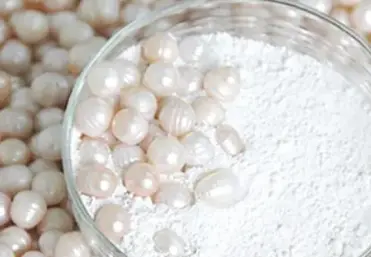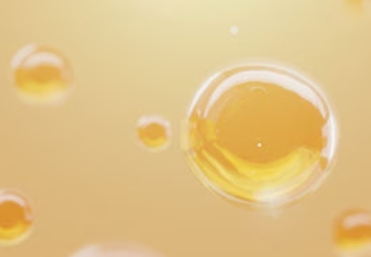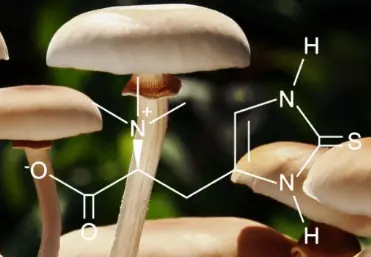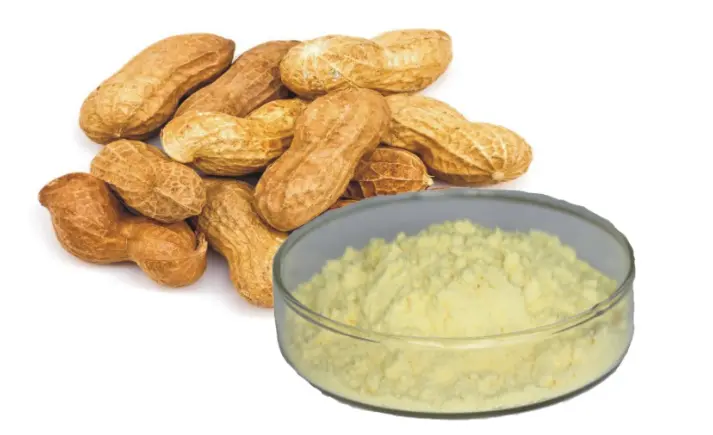What are the benefits of taking luteolin?
Luteolin: A Flavonoid that Has Multiple Cardio-Protective Effects and Its Molecular Mechanisms
1.What is luteolin?
Luteolin is a flavonoid or natural nutrient found in plants, including cannabis. Flavonoids like luteolin have been found to have beneficial effects on human health by reducing oxidative stress, an imbalance in the body that can precede many serious diseases including cancer.
Luteolin is found primarily in leaves but is also naturally present in barks and clover blossoms. Food sources of luteolin include mint, celery, broccoli, artichoke, and oranges. Common herbs such as parsley, thyme, rosemary and oregano also contain luteolin.
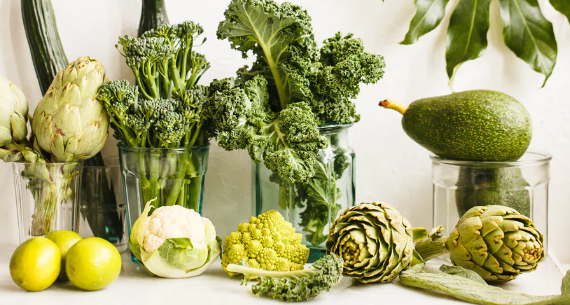
2.The benefits of luteolin Anti-inflammatory effects:
Luteolin has anti-inflammatory properties, which may help reduce the risk of chronic diseases such as arthritis, heart disease, and cancer.
◊ Antioxidant properties: Luteolin is a powerful antioxidant that may help protect the body against oxidative stress and cellular damage caused by free radicals.
◊ Brain health: Peanut skin extract Luteolin has been shown to potentially improve cognitive function, memory, and overall brain health. This is believed to be due to its ability to protect the brain from oxidative stress and inflammation.
◊ Heart health: Luteolin's potential benefits for heart health include lowering the likelihood of cardiovascular disease, enhancing blood pressure, and decreasing oxidative stress.
◊ Skin health:Luteolin has exhibited beneficial effects on skin health, including the reduction of oxidative stress and safeguarding skin cells against damage caused by exposure to ultraviolet (UV) light.
◊ Immune system support: It has been shown to have immunomodulatory effects, which means it can help boost the immune system and improve overall health.
◊ Digestive health: Peanut skin extract Luteolin has been shown to have a positive impact on digestive health by reducing inflammation in the gut and promoting the growth of healthy gut bacteria.
◊ Anti-viral effects: Luteolin has been shown to have antiviral properties, making it a potential agent for preventing and treating viral infections.
◊ Allergy relief: It has been shown to have anti-allergic effects, making it a potential agent for relieving allergy symptoms and reducing the risk of allergic reactions.
3. What food is highest in luteolin?
Peanut shell is one of the most important sources of Luteolin CAS 491-70-3, which is rich in luteolin. The related researches on peanut luteolin have been carried out at home and abroad. Peanut husk is one of the wastes of peanut. The development and utilization of luteolin and other natural flavonoids in peanut husk can improve the comprehensive utilization value of peanut.
Luteolin is a natural flavonoid found in a variety of plants. It has a variety of pharmacological activities, such as anti-inflammatory, anti-allergic, uric acid-reducing, anti-tumor, antibacterial, antiviral, etc. It is mainly used in clinical practice to relieve cough, expectorant, anti-inflammatory, uric acid-reducing, treatment of cardiovascular diseases, treatment of amyotrophic lateral sclerosis, SARS, hepatitis, etc.
4. Side Effects of Luteolin
Luteolin CAS 491-70-3 is generally safe to consume. Side effects may occur in some people, especially those who take the flavonoid in high doses as a dietary supplement, but these are rare and poorly understood. In one mouse study, luteolin worsened chemical-induced colitis, but whether this applies to people remains to be seen.
A cell line study suggests that luteolin (and Quercetin) "display progesterone antagonist activity beneficial in a breast cancer model but deleterious in an endometrial cancer model." However, this is just a cell line study, and it only suggests caution with consuming luteolin via supplement, not from a plant-rich diet.
One openlabel pilot study on children with autism spectrum disorder (AUD) suggests that luteolin may have both positive and negative effects, as adaptive functioning (how well a person handles common demands in life and how independent they are) improved, but their irritability increased as well.
Consult with your doctor before taking luteolin supplements. Like most dietary supplements, luteolin supplements have not received FDA approval. Furthermore, luteolin supplements may not be safe to take if you are taking blood pressure medications, calcium channel blockers and certain other prescription drugs.
Rule of thumb: the safest way to experience any plant compound is directly from the natural source, not from a pill.
Sost biotech supplies natural source luteolin 50%, 97% contact us for free samples.
References
1.Cheng H. Y., Hsieh M. T., Tsai F. S., Wu C. R., Chiu C. S., Lee M. M., et al. (2010). Neuroprotective effect of luteolin on amyloid beta protein (25-35)-induced toxicity in cultured rat cortical neurons.
2.A. Ulubelen; M. Miski; P. Neuman; T. J. Mabry (1979). "Flavonoids of Salvia tomentosa (Labiatae)". Journal of Natural Products. 42 (4): 261-63.
3.López-Lázaro M. (2009). "Distribution and biological activities of the flavonoid luteolin". Mini Rev Med Chem. 9 (1): 31-59.

 Food Additives
Food Additives

